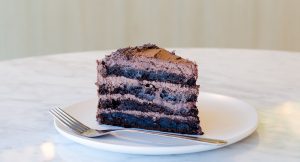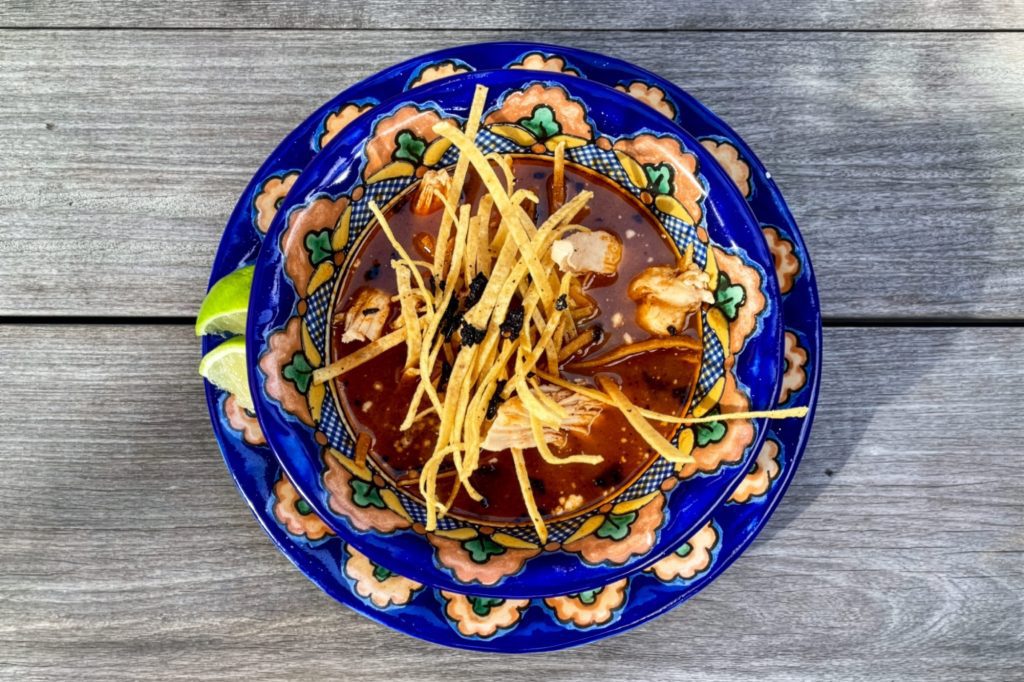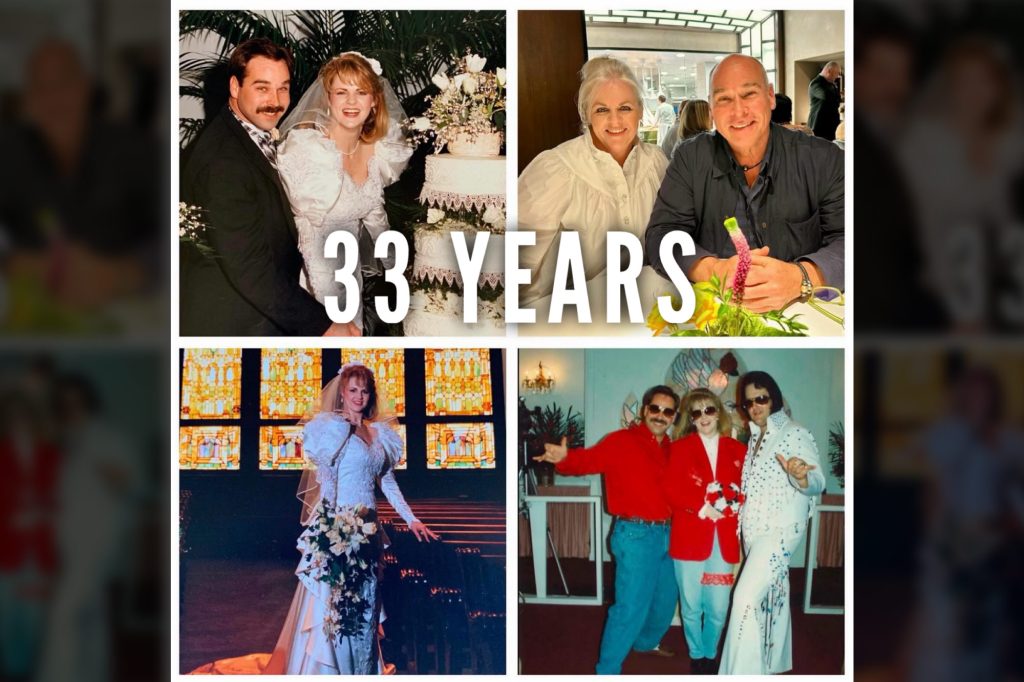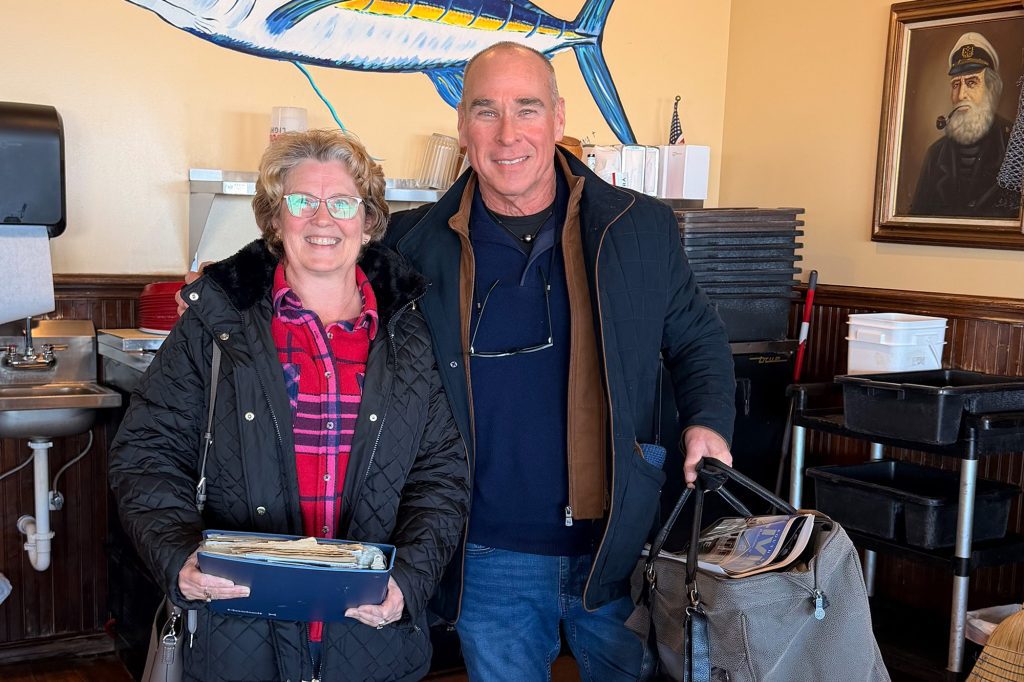“To the outside world we all grow old. But not to brothers and sisters. We know each other as we always were. We know each other’s hearts. We share private family jokes. … We live outside the touch of time.” — Clara Ortega
There’s a rhythm to lunch with my brother. It starts the minute we sit down. Sixty years of shared history comes rushing back—some of it spoken, most of it not. That’s the gift of a brother. You can disappear for weeks, then pick up the thread like you never left.
We grew up four years apart. That might sound like a gap, but it only felt like one in the early years. He was the older, steadier presence. I was the tagalong. We grew up in a house with a single mom— a public school art teacher— who had no money but an endless reservoir of determination. Life wasn’t without its challenges, but there was always a closeness. The bond between siblings is unlike any other relationship. Friends can come and go, but brothers share a bloodline, a history, and often a shorthand that no one else can quite understand.
My earliest memory is not of toys or school or childhood games. My earliest memory is of our mother walking into my brother’s bedroom to tell us that our father had died. I was six. My brother was ten. For whatever reason, I don’t remember our father at all—no flashes, no fragments, nothing. But I remember that moment with perfect clarity: the look on her face, the sound of her voice, the finality of her words. A family bond is forged in a moment like that, one that endures through everything else that life throws your way. You grow up, develop interests, build friendships and families of your own, but underneath it all remains that unspoken connection from that moment when life changed in an instant.
In the years that followed, my brother became more than just a brother. In my teenage years, he was part brother, part father figure. Though he never lost the playfulness of being my sibling. Our house was filled with practical jokes and pranks. One never knew if a door might open with a bucket of water perched on top or if a dead snake might be waiting under the covers. We had a few fights, as brothers do, but only a few. What I remember most is the laughter, the teasing, the attempts to one-up each other with the next prank. That kind of play binds just as tightly as shared tragedy, and we’re still pranking each other today.
We didn’t have money for vacations growing up. Other families in the neighborhood would invite us along on theirs. Only now do I realize that it wasn’t just generosity; it was also an acknowledgment that we didn’t have the means to go ourselves. There was one time, when my brother was a freshman in college, my mother scraped up enough money— possibly borrowed from a relative— to take us on our own vacation. She drove the three of us to Florida, where we spent time at Cypress Gardens—my brother and I were both avid water skiers. Then to Disney World, and later to Captiva Island for a few days. I think back on that trip now, after having kids of my own go off to college, and it looks different. That trip wasn’t about Florida. It was about her holding the family together after my brother had moved away, even when the odds were stacked against her.
Our family has always leaned toward entrepreneurship. Our great-grandfather owned a general store in Brooksville, Mississippi. Our grandfather owned a newspaper. My father was the business manager of the newspaper, but our mom always said his long-range plan had been to open his own business. My brother and I picked up the torch early. We’ve both been working since our pre-teen years. Neither of us has any interest in slowing down—he’s not ready to retire, and I know I never will.
It’s simply who we are.
Through all of it, one thing has been constant: I have felt as if my brother has always been proud of me. He bragged on me when I picked up a guitar as a 10-year old, nudging me to play and sing for his friends. He bragged on me when I got into the radio business while he was in college. He bragged again when I opened my first restaurant. As men, we don’t always say the things that matter out loud. But to know that your brother is proud of you, to feel the respect of your family—it means more than anything else.
I’ve also seen the other side of sibling bonds. My wife lost her sister when they were both in their mid-thirties. They were inseparable—roommates in college, daily phone calls, seeing each other almost every day. When her sister died, it left a hole in her life that has probably never fully closed. Watching her navigate that loss has deepened my appreciation for the bond my brother and I share. It’s made me aware that what we have shouldn’t to be taken for granted.
Our mother’s greatest wish—something she repeated throughout her life—was that her two sons stay close. Even though we live ninety miles apart, I think we’ve honored that wish. A year has passed since she died, and in a way, her passing has only reinforced the connection between us. I find myself repeating her wish to my children. Other than their health and happiness, my greatest hope is that they will remain close throughout their lives. They may not fully grasp the value of that yet, but they will.
Brothers are unique in the way they can needle and support, prank and protect, laugh and grieve—all at once. They’re family and friend, critic and cheerleader. There’s a quote I’ve always liked: “A brother is someone who knows your history and your heart.” I don’t know who said it but it rings true. My brother has been a superhero more times than I can count, though he’d never call himself one. He’s been steady, proud, loyal, and ever-present.
And so, we sit across from each other at lunch, two men in their sixties with more history behind them than ahead of them, and we talk. Some words are spoken. Most are not. And beneath it all runs that unbroken line that started when two boys sat side by side in a bedroom and listened as their mother delivered the hardest words she would ever have to say.
Onward.




